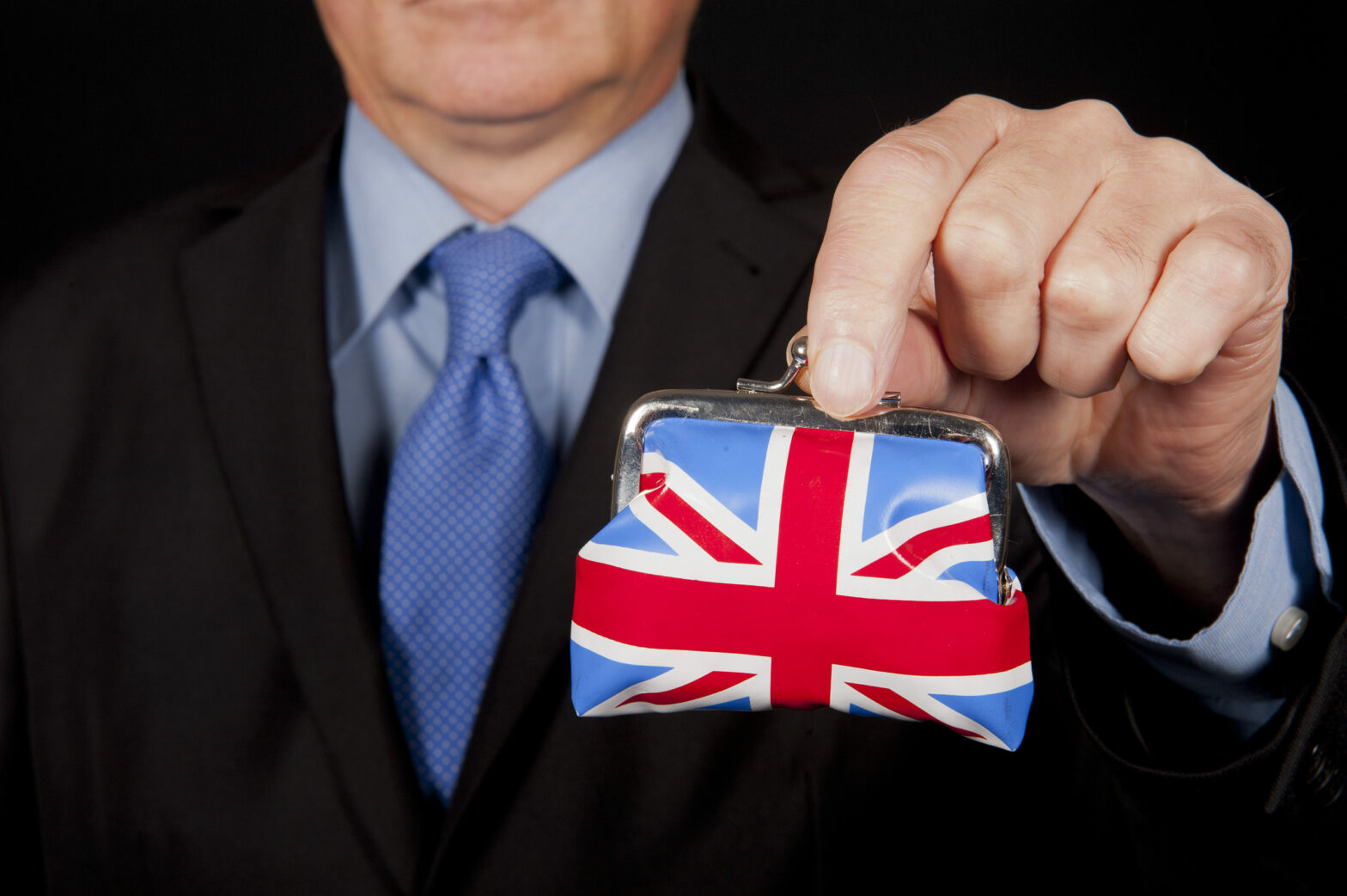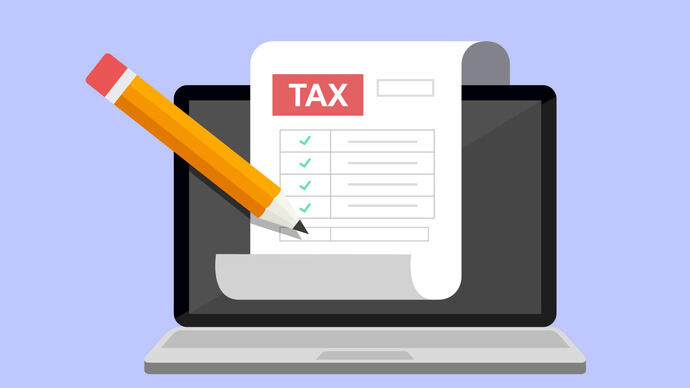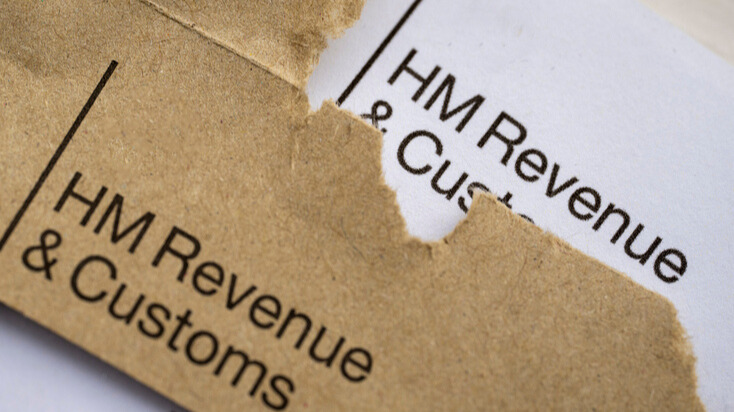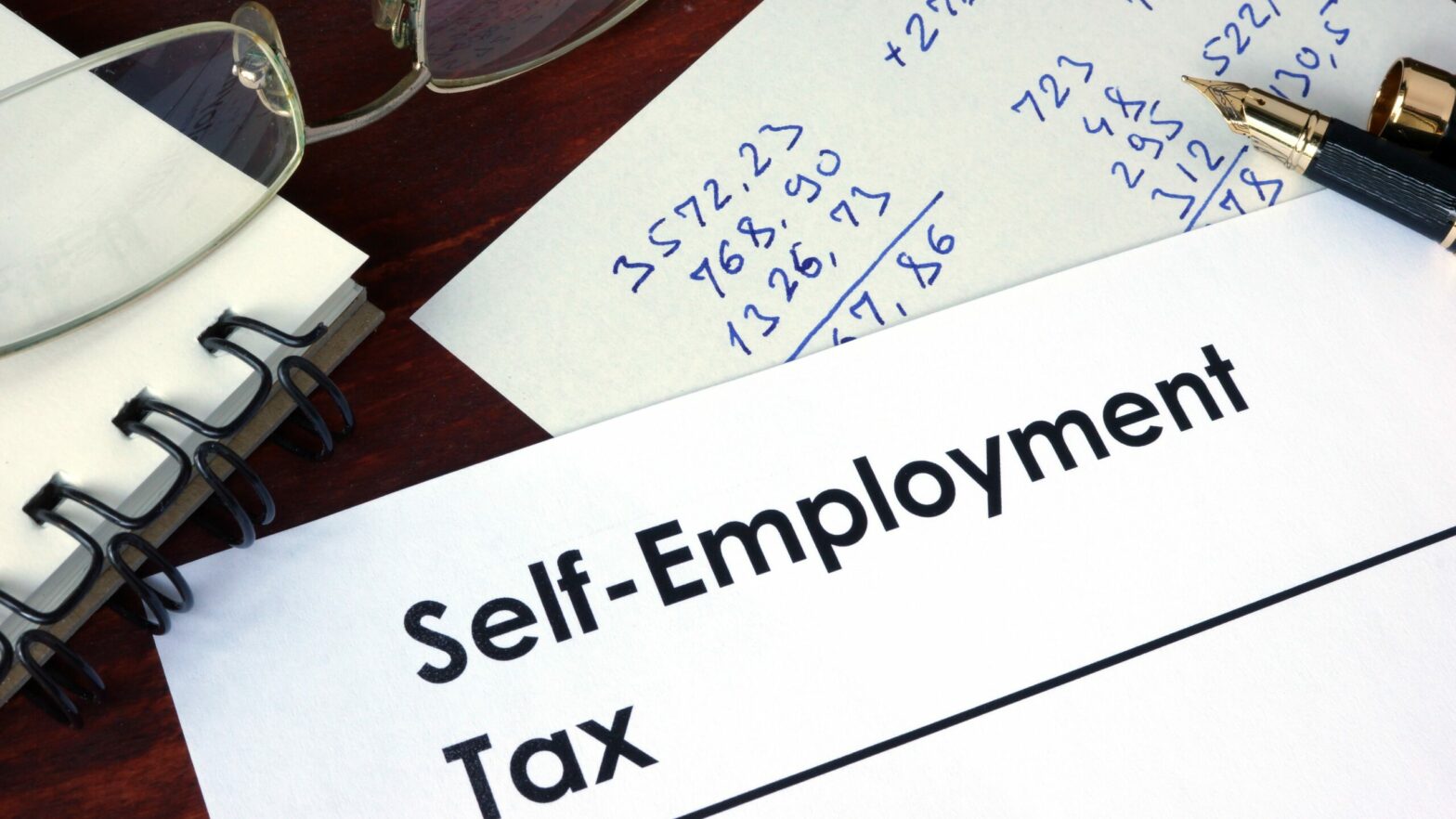One million of the UK’s 4.5m self-employed face having to prepay tax bills higher than what they actually earned this year.
Many freelancers pay self-assessment tax bills on account twice a year, with the first prepayment falling due this January.
This is despite the Covid pandemic decimating many self-employed profits since March.
>See also: MPs to fight Sunak over move to hike national insurance for self-employed
The problem is that prepayments are based on the previous year’s profits, in this case what the self-employed earned in 2019-20 – before the pandemic hit.
TaxScouts, an online self-assessment tax service provider, estimated 1m people could be hit with an inflated tax bill because payment on account is based on the previous year’s earnings.
“While this is well and good in normal times, it doesn’t take into consideration the huge loss of earnings that so many of the self employed will have faced during the pandemic,” said TaxScouts.
However, anticipating the problem, HMRC has allowed the self-employed to defer payment on account and to request a reduction in their tax bill if they are facing financial difficulty and know their earnings will be down.
>See also: MPs urge Government to do more to help self-employed through Covid-19
HMRC has also launched an online portal to enable the self-employed to spread their tax bill, up to £30,000, over 10 monthly payments.
“We’re not the monsters people think we are all the time,” a spokesperson told the Financial Times.
The problem, say HMRC’s critics, is that not many self-employed people know about the flexible prepayment portal or that they can ask prepayments to be reduced.
And of course, many use profits earned this year to prepay next year’s tax bill. Given that the revamped Self-Employed Income Support Scheme (SEISS) only covers 40 per cent of previous income, some will be wondering how to pay their tax bill – even if it is spread over monthly payments.
The number of self-employed people in the UK hit 15.3 per cent of the workforce or 5m people at the start of the year. However, the number of self-employed dropped by 400,000 between January and August, according to the Office for National Statistics.
Self-employed ‘in the lurch’
Meanwhile the Labour Party has estimated that the average self-employed person in arts or hospitality will receive just £450 a month through the SEISS – half the amount they received a month during the first lockdown.
This is despite their businesses either being shut or restricted by Tier 2 or 3 restrictions.
Ed Milliband, the shadow business secretary, warned that the government it was leaving 500,000 people “in the lurch”.
Mr Milliband said: “Almost half a million self-employed people work in industries either partially or fully closed. They’re in desperately choppy waters with many deeply worried about their future.
“Yet ministers are taking away their life raft and leaving them to sink or swim. That’s not just callous, but economically wrong. These are our country’s artists and performers, and people in our vibrant tourism, sports, cultural and hospitality sectors.”





